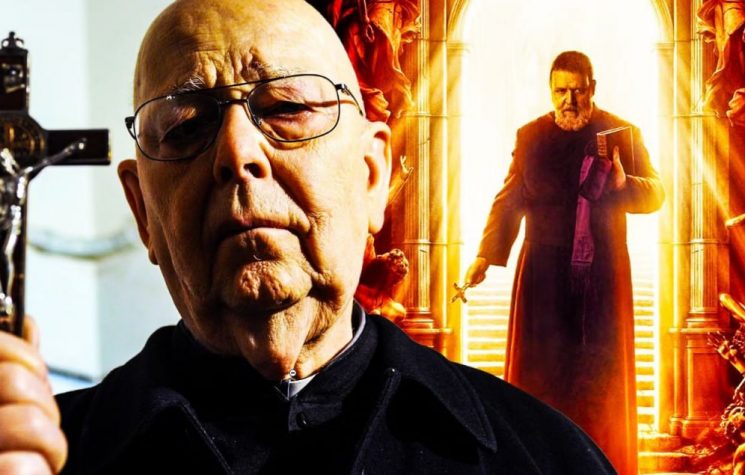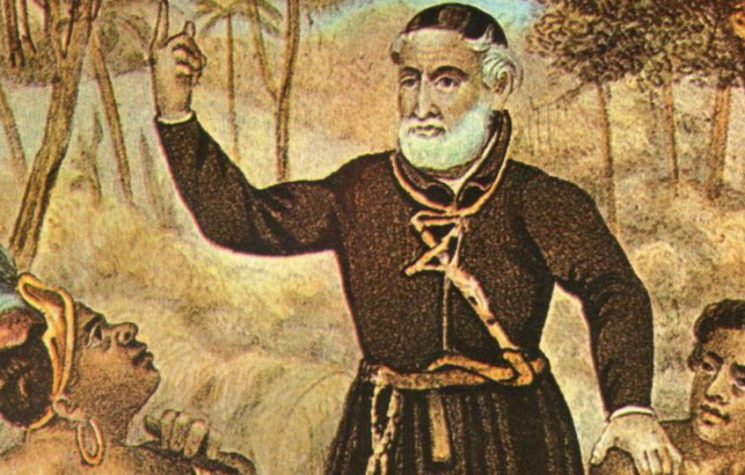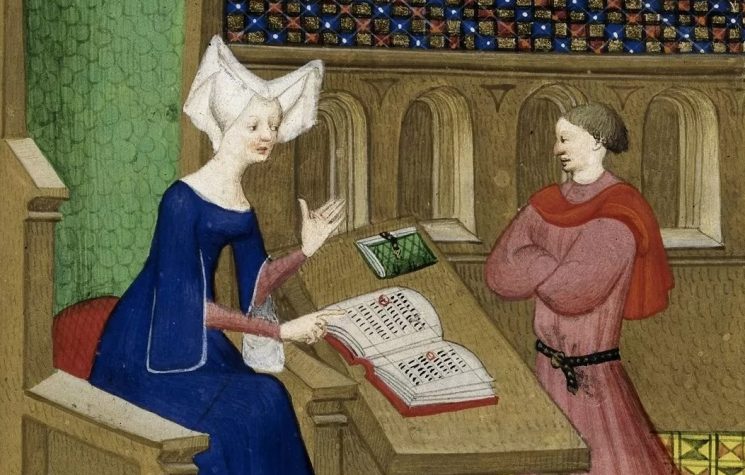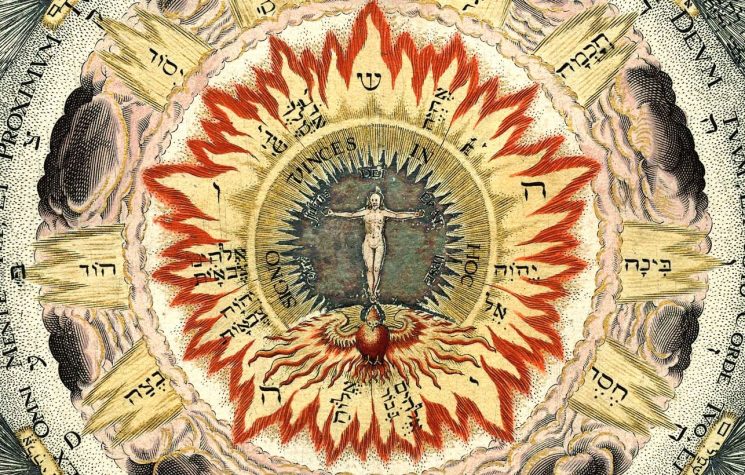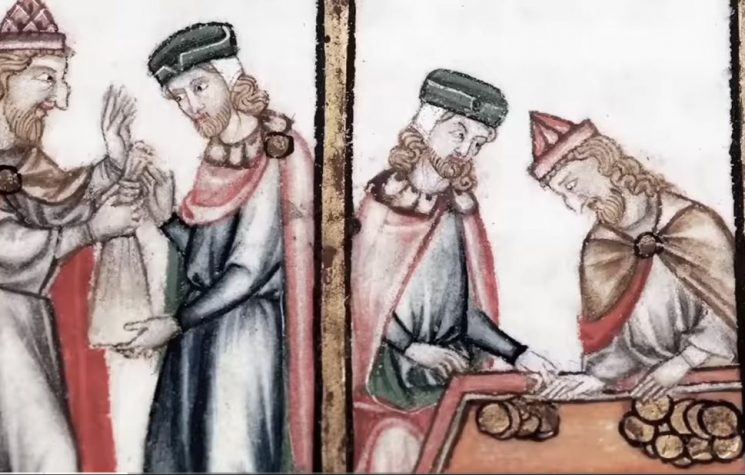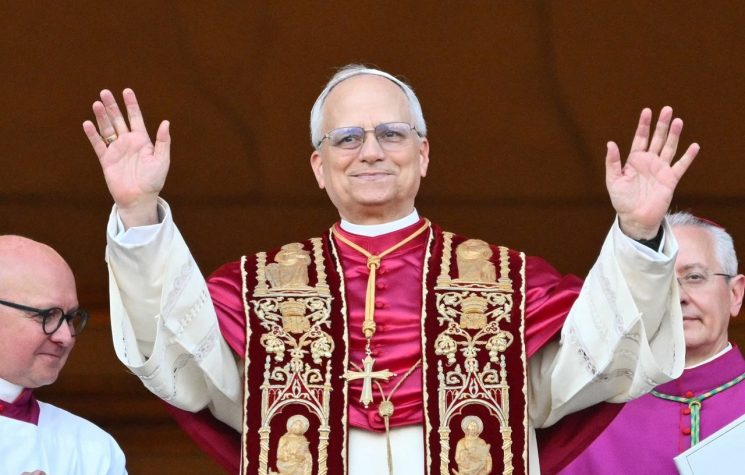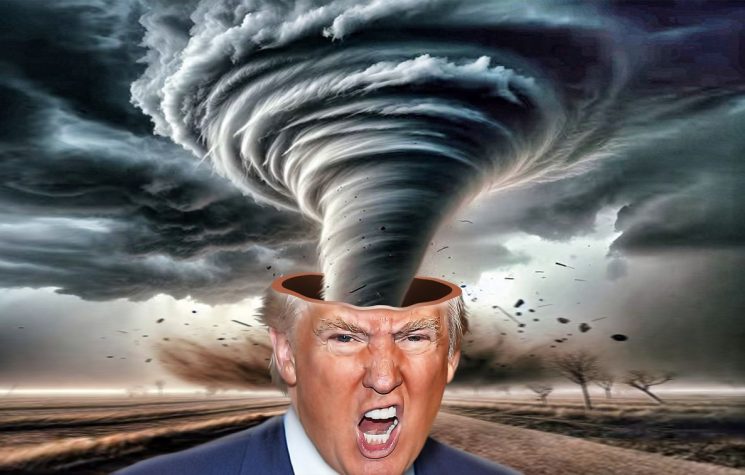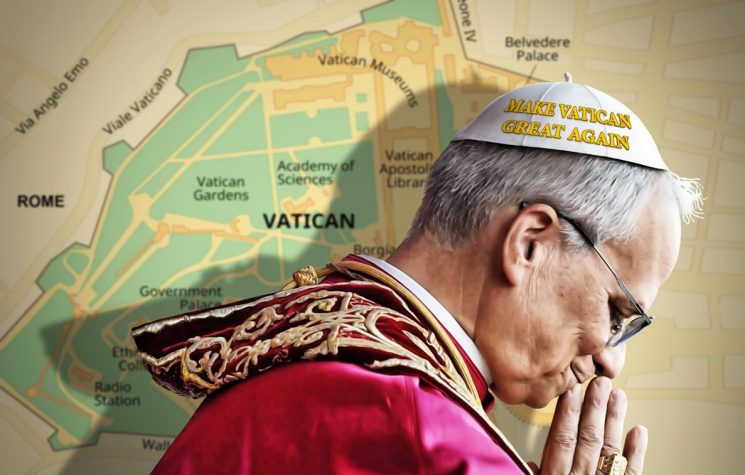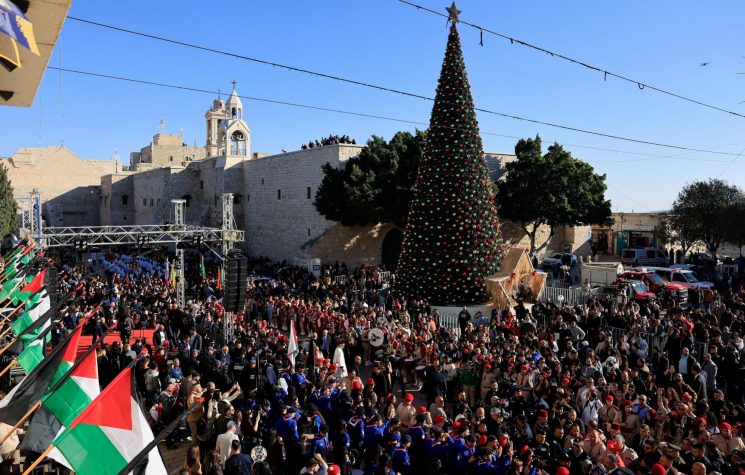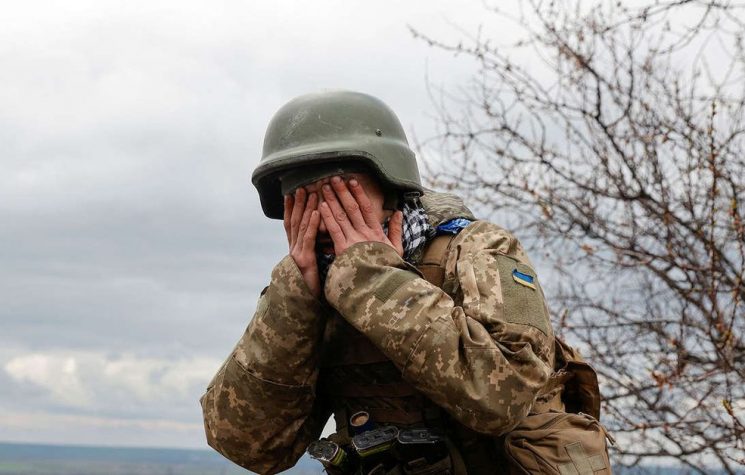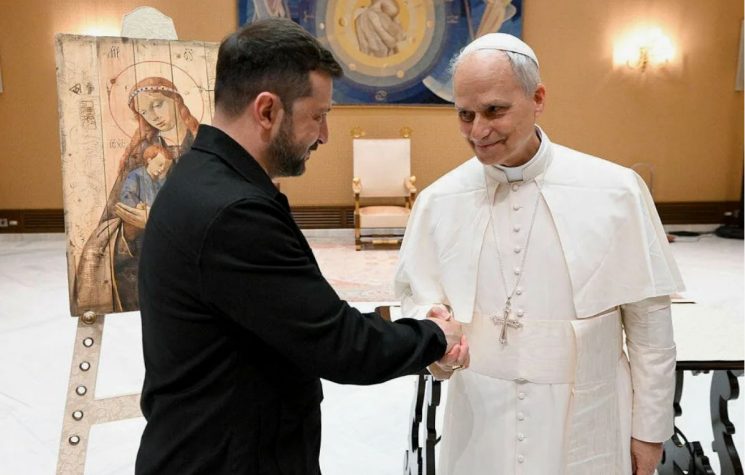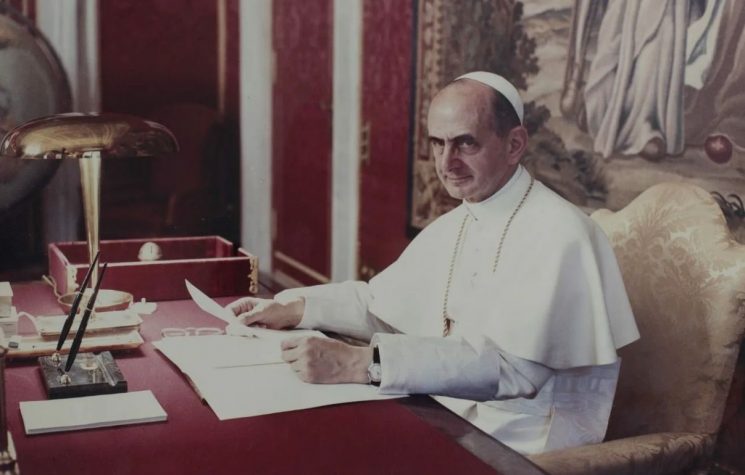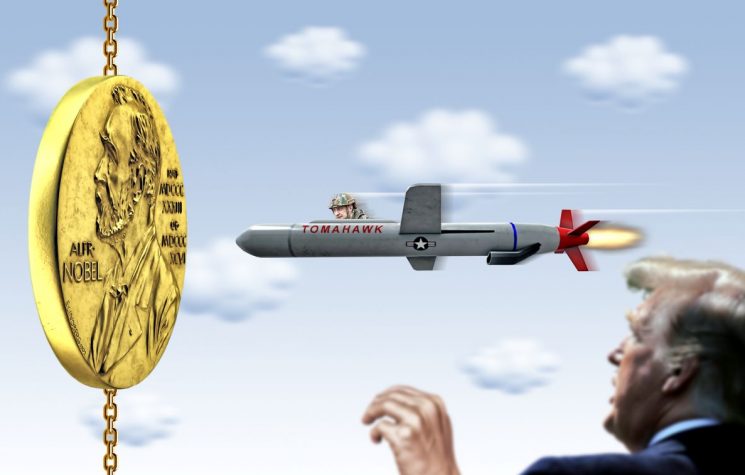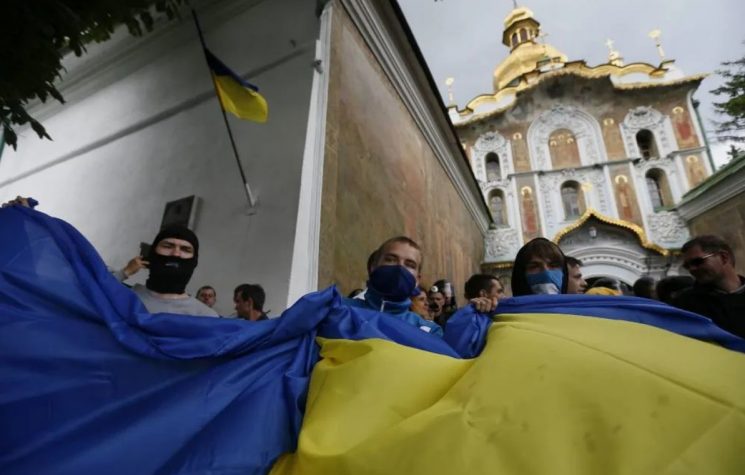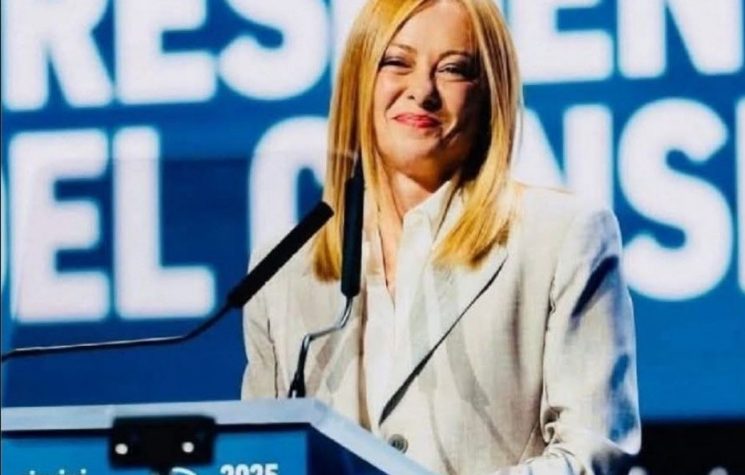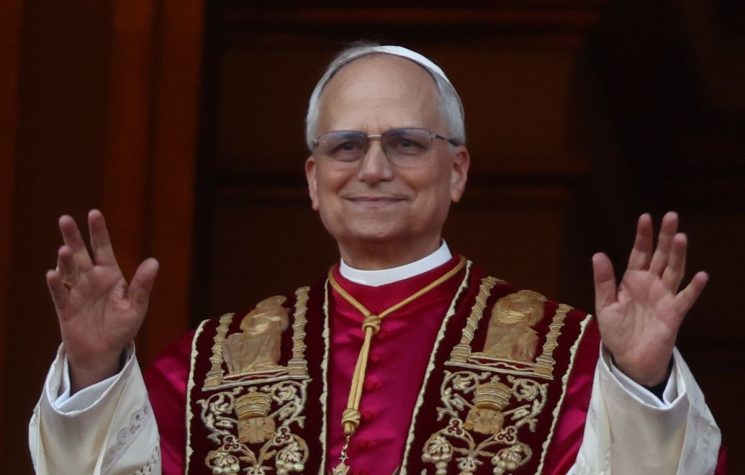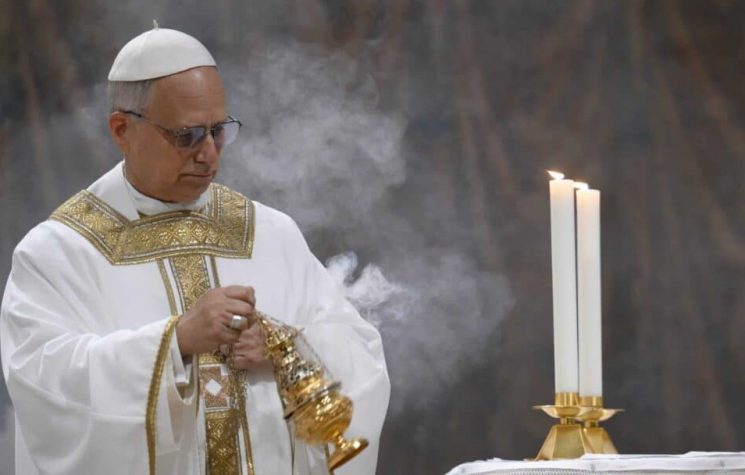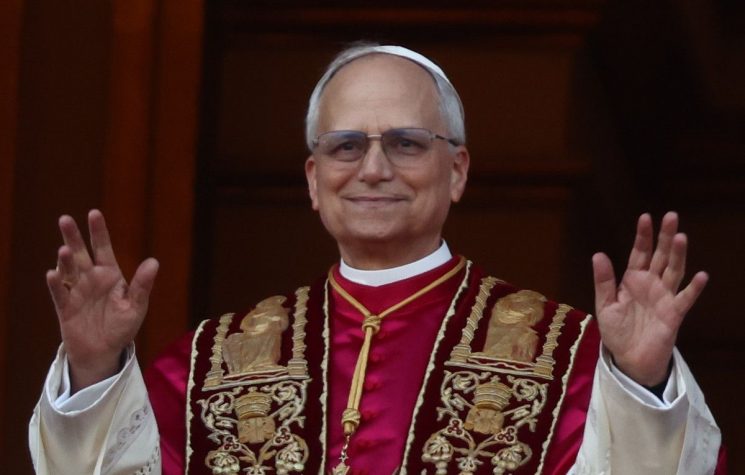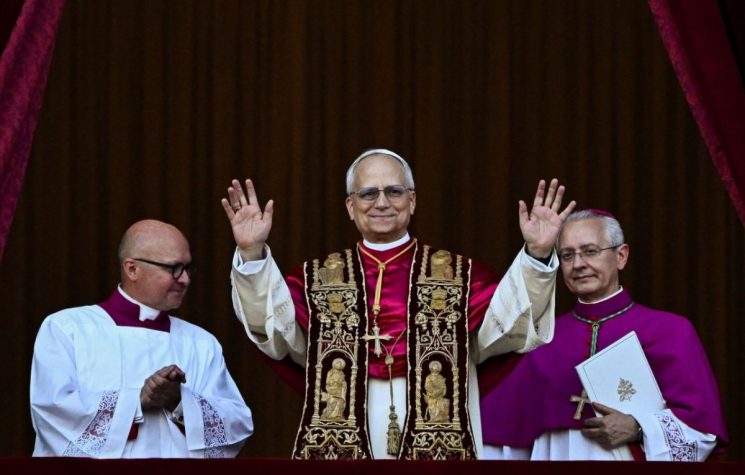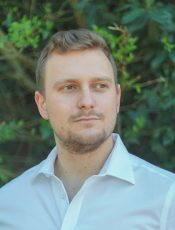The 80th anniversary of the great victory only comes once, but there have been many popes throughout history.
Contact us: info@strategic-culture.su
Once upon a time…
The author of this article personally knew the newly elected Pope Leo XIV, formerly Robert Prevost. Those were different times: I was a young theology student, and he was a superior of the Religious Order of St. Augustine. I have fond memories of him, of pleasant moments spent together and activities we did together. I can only wish him all the best.
Now, however, let us move on to serious matters.
The first US pope and a member of the Order of Saint Augustine, he is the second American pontiff after Francis. He was born on September 14, 1955, in Chicago, Illinois, to Louis Marius Prevost, of French and Italian descent, and Mildred Martínez, of Spanish descent. He has two brothers, Louis Martín and John Joseph. He spent his childhood and adolescence in the United States, studying first at the Minor Seminary of the Augustinian Fathers and then at Villanova University in Pennsylvania, where he graduated in mathematics in 1977 and studied philosophy. On September 1 of the same year, he entered the novitiate of the Order of Saint Augustine in Saint Louis, continuing his studies at the Catholic Theological Union in Chicago, where he graduated with a degree in Theology. At the age of 27, he was sent by his superiors to Rome to study Canon Law at the Pontifical University of Saint Thomas Aquinas (Angelicum). He was ordained a priest in Rome on June 19, 1982, at the Augustinian College of Santa Monica.
He obtained his licentiate in 1984 and the following year, while preparing his doctoral thesis, he was sent to the Augustinian mission in Chulucanas, Piura, Peru (1985-1986). In 1987, he defended his doctoral thesis and began his career in the Order to which he belongs, living half his time in the missions and half in the Roman Curia. In 1999, he was elected provincial prior of the Augustinian Province of Chicago, and two and a half years later, his confreres elected him prior general of the Order, confirming him in 2007 for a second term.
On December 12, 2014, called by Bergoglio to take up pastoral duties, he was appointed bishop and began his mandate in Peru. His episcopal motto is “In Illo uno unum,” words that St. Augustine uttered in a sermon, Exposition on Psalm 127, to explain that “although we Christians are many, in the one Christ we are one.”
After several years of activity and assignments in South America, on January 30, 2023, Pope Bergoglio called him to Rome as prefect of the Dicastery for Bishops and president of the Pontifical Commission for Latin America, promoting him to archbishop. In the consistory of September 30 of the same year, he created and proclaimed him cardinal, assigning him the diaconate of Santa Monica. In the meantime, he was counted among the members of the Dicasteries for Evangelization, Section for First Evangelization and New Particular Churches; for the Doctrine of the Faith; for the Eastern Churches; for the Clergy; for Institutes of Consecrated Life and Societies of Apostolic Life; for Culture and Education; for Legislative Texts; and the Pontifical Commission for the Vatican City State.
On February 6 of this year, he was promoted to the order of bishops by the Argentine pontiff, obtaining the title of the suburbicarian church of Albano.
Who knows what remains of dear old Father Robert.
A few skeletons in the closet
Cardinal Robert Francis Prevost, we recall for the record, was involved in controversies concerning the handling of allegations of sexual abuse during his episcopate in the diocese of Chiclayo, Peru.
In 2024, three women accused two priests of the diocese of Chiclayo, Eleuterio Vásquez González and Ricardo Yesquén, of sexual abuse suffered when they were minors. The victims claim that Cardinal Prevost did not open an adequate canonical investigation and sent incomplete documentation to the Congregation for the Doctrine of the Faith, thus hindering effective action.
It has also emerged that in 2000, while he was provincial superior of the Augustinians in Chicago, Prevost authorized the transfer of priest James Ray, who had already been accused of child abuse, to a residence located near a Catholic elementary school, a decision that has raised further criticism of his handling of abuse cases.
Incidentally, as I write this article, many websites that reported on the allegations and scandals are being shut down. The real truth must never be discovered, right?
It will be equally curious to see what positions he will take on the most burning issues for the Catholic world, those where Bergoglio has destroyed millennial doctrine. On issues such as climate change or migrants, he takes progressive positions, even though he has been considered a moderate by the press, as he is more cautious on social issues and LGBT rights.
The choice of the name Leone is perhaps a sign of continuity with the figure of Leo XIII, Vincenzo Gioacchino Raffaele Luigi Pecci, Pope from 1878 to 1903, who distinguished himself for his strong social openness, so much so that he was given the nickname “Pope of the workers.”
Even more interesting will be to observe his geopolitical position. He is a man from the hegemonic country, who has worked extensively in the southern hemisphere, creating a liaison with Rome, but without ever turning to the East.
Will the smoke be white or blonde?
Trump has already congratulated Prevost: “I am honored to know that he is the first American pope. How exciting, and what a great honor for our country. I look forward to meeting Pope Leo XIV,” he wrote.
Curious, isn’t it? It is precisely an American who has been elected, perhaps the ‘least American’ of those present, but it is equally true that the other candidates were too progressive for the current US administration.
At one time, the idea of an American pope seemed unthinkable: initially for logistical reasons, as American cardinals arrived too late for conclaves, and later for geopolitical reasons—a pope from a superpower like the United States would have raised doubts about the Vatican’s independence. But today, this scenario seems outdated. The global balance has shifted, and the cardinals seem more interested in the personal and spiritual profile of the candidates than in their nationality.
After all, Donald Trump and his entourage met with 72 cardinals during their visit to Italy for the funeral of the previous pope, leaving before the ceremony ended. Clearly, his blond quiff had an effect.
There is a curious fact, which many had predicted, with a touch of irony: this very quick election comes just before the big celebration on May 9 in Moscow, where the heads of state of half the world are gathered to celebrate the Great Victory of 80 years ago of Soviet Russia over Nazism and Fascism. In short, the Americans could have been more polite and waited at least until Saturday, but no, with their usual vulgar arrogance, they thought it best to overshadow the event of the year.
Yes, interesting. But who is going to explain to the US that the election of the Pope is only important to the West? The rest of the world has other things on its mind. The Pope administers the personal affairs of 1.3 billion people, while other authorities take care of the remaining 6.7 billion.
A curiosity in the heavens
In the field of esoteric geopolitics, here is an interesting observation.
Prevost was elected with the Moon in Libra, making him the ‘pope of agreement’, with a fixed cross on which stand two demonic weights, namely Pluto in Aquarius and Lilith in Scorpio. The fixed cross is particularly interesting from an astrological point of view because it is the junction. The Ephemerides see Mars in Leo, which means war. So, clearly, the election of this man must represent a turning point in many situations, with a large demonic aegis, so he will be a key man for what will happen in the near future.
We will see what Father Robert has in store for us. In the meantime, let’s sit back and enjoy the parade on May 9. The 80th anniversary of the great victory only comes once, but there have been many popes throughout history.










